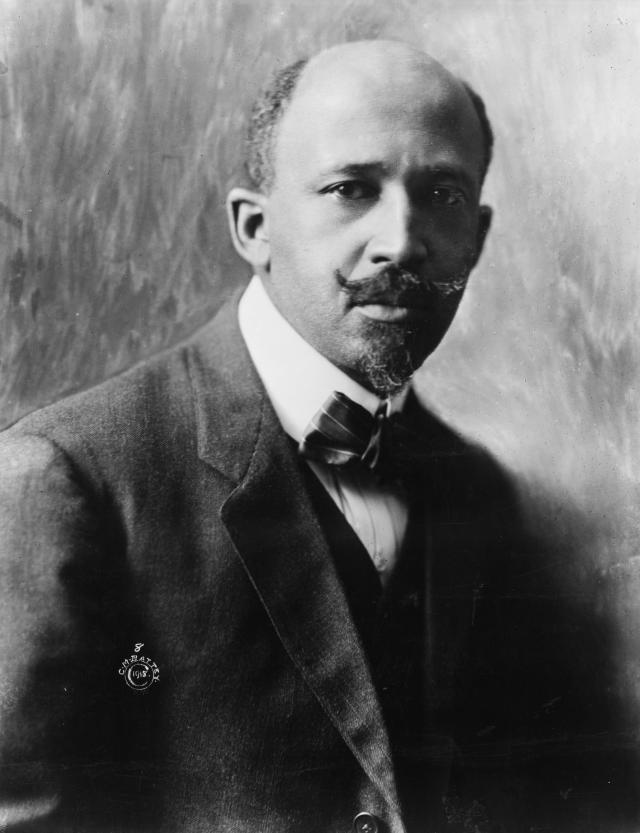This episode, Rachel and John have the honor and pleasure of interviewing Dr. Jane Anna Gordon and Dr. Drucilla Cornell about their new edited volume, Creolizing Rosa Luxemburg. Part of the Creolizing the Canon series, this volume examines the political economy and political philosophies of Polish Marxist thinker and revolutionary Rosa Luxemburg, from her work on imperialism and the expanded reproduction of capital, to the violence of fascism, and her theory of primitive accumulation. The volume also considers her reception across the twentieth and twenty-first centuries, asking how her work can be expanded and applied in contemporary revolutionary politics.
As you have may have guessed from our podcast series on Luxemburg and our episode on Geraldine Heng, Rachel, Sid, and John have a chapter in the volume! We rethink primitive accumulation as a concept for theories of racial capitalism. For more about the book, check out the book panel from the Rosa Luxemburg Stiftung’s Rosa Luxemburg at 150: Revisiting Her Radical Life and Legacy conference from March 2021.
We begin by asking Gordon and Cornell about the concept of “creolization” and its relevance for the work of Luxemburg. Next we turn to ask about racism and capitalism, about social reproduction and Marxist feminism, and about how Rosa’s work points us to the co-constitutive nature of racism, heteropatriarchy, and capitalism. Finally, we ask what Rosa would think about theories of neoliberalism and contemporary forms of imperialism. Join us for this rich discussion of the creolized Rosa Luxemburg’s socialist horizons.
Requests for texts for us to discuss? Dreams for us to interpret? Advice questions for us to answer? Email us at alwaysalreadypodcast AT gmail DOT com. Subscribe on iTunes or Spotify. Follow us on Twitter. Like our Facebook page. RSS feed here. Patreon here. Thanks to Bad Infinity for the intro music, “Post Digital,” from their album FutureCommons; always already thanks to B for the outro music. For the mp3 of the episode click here
Links:







